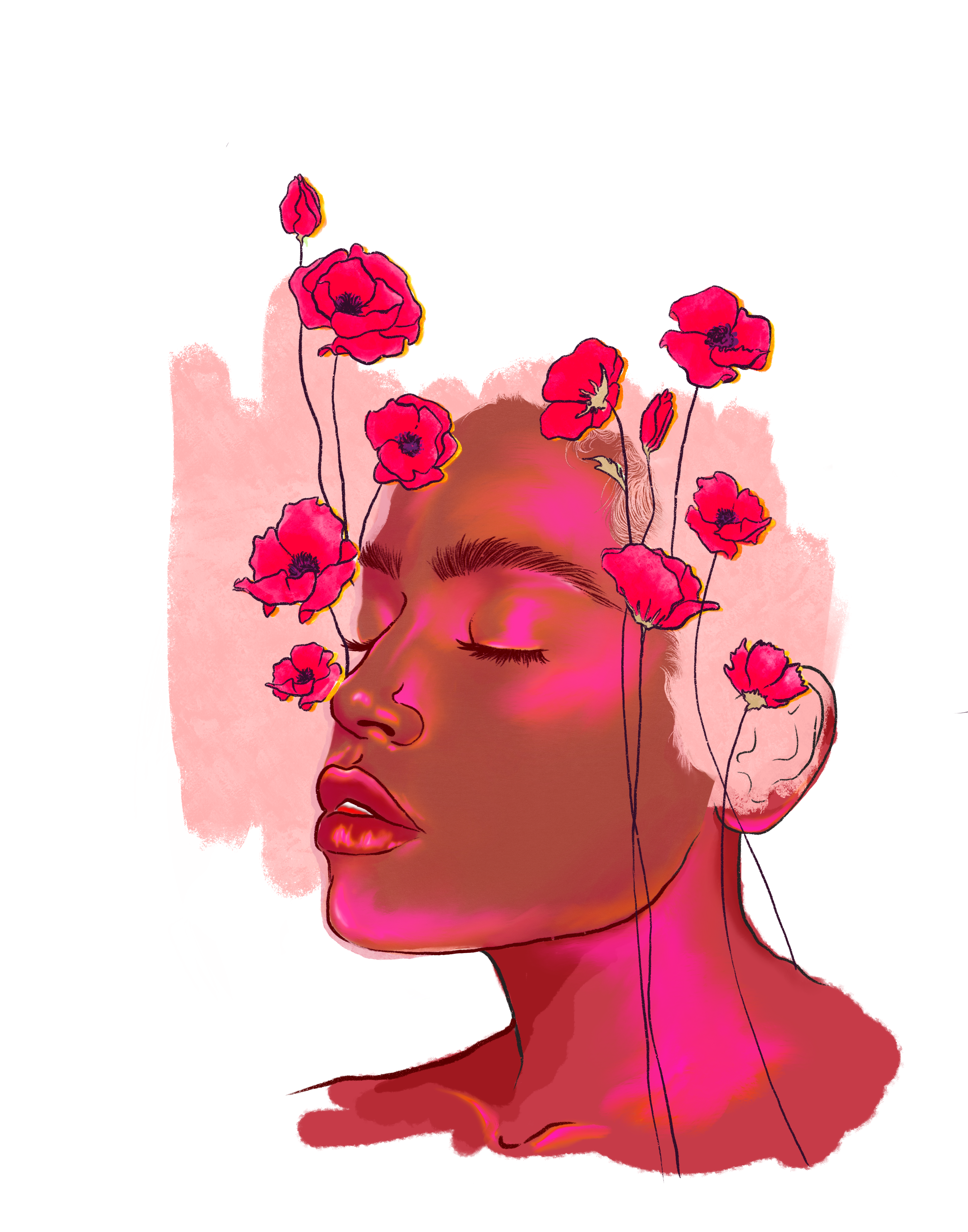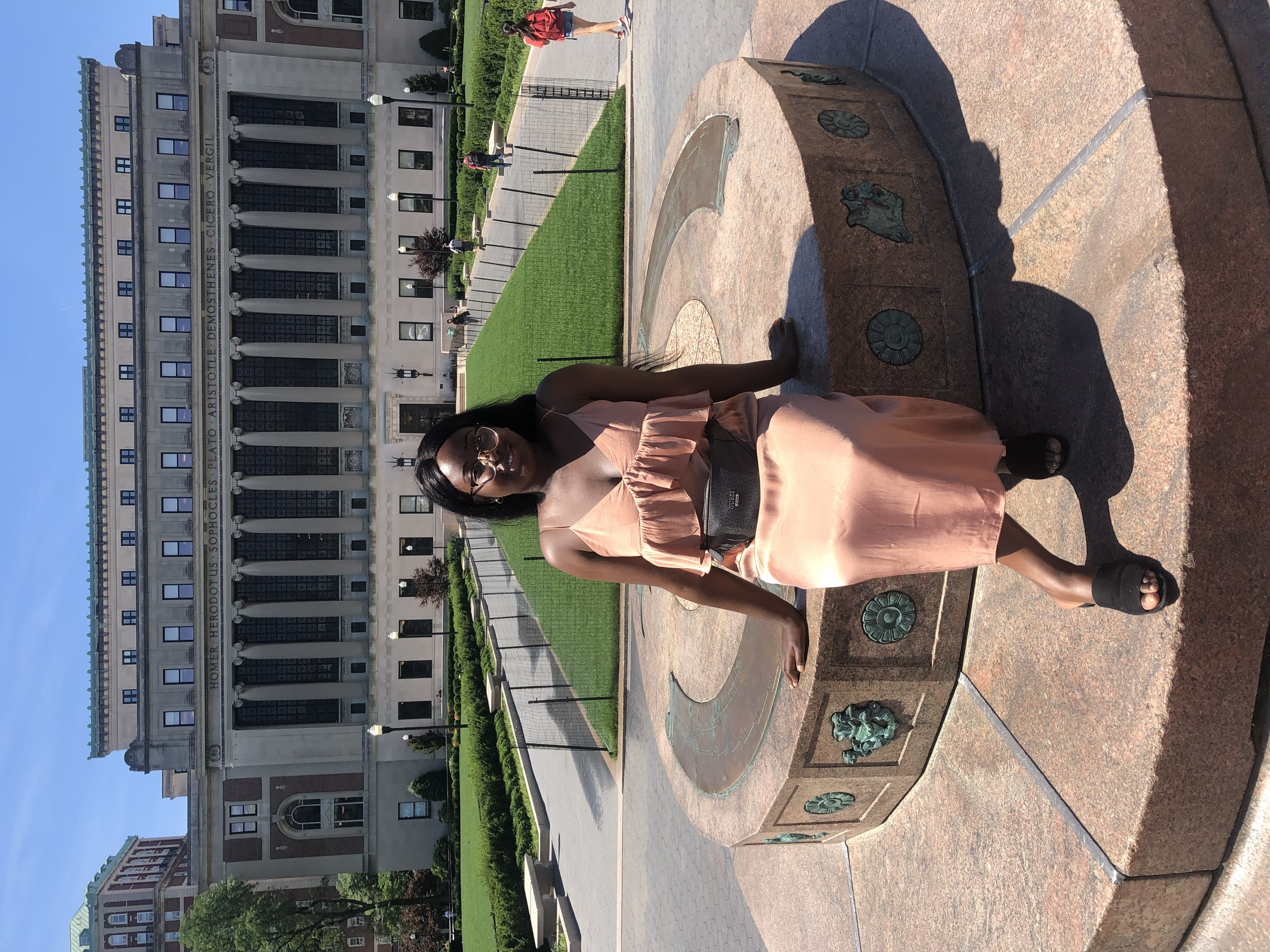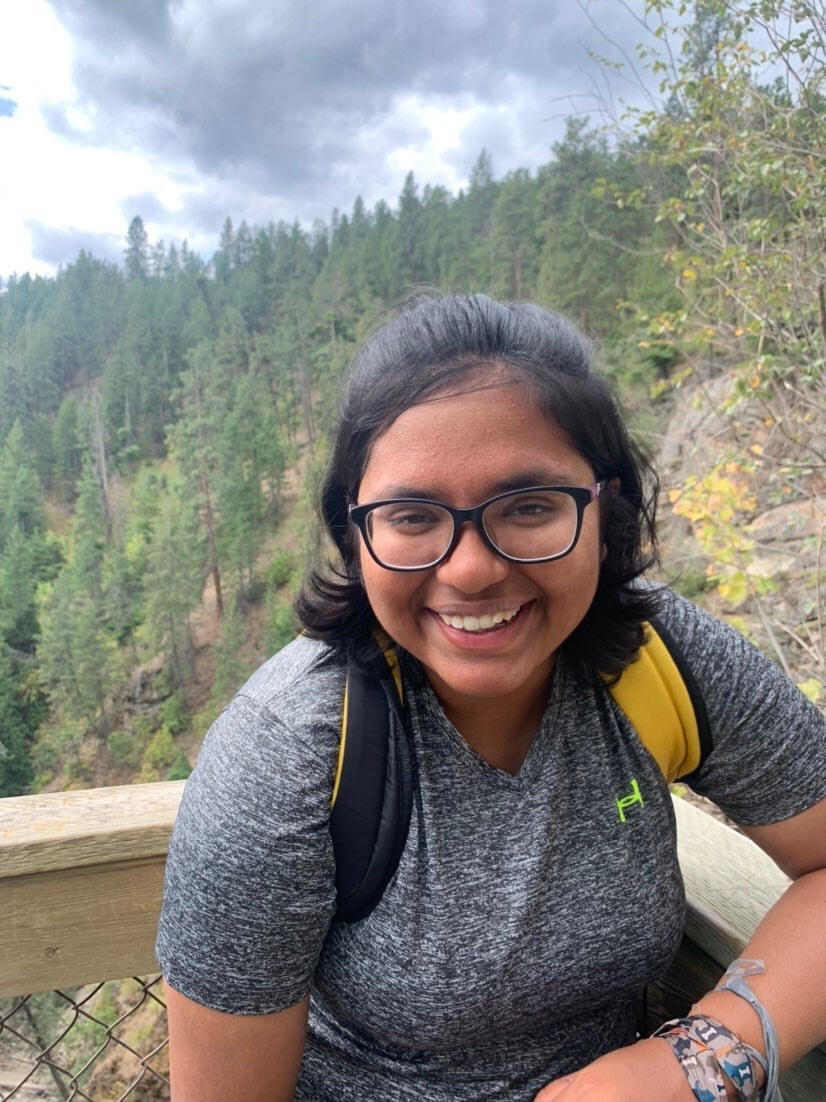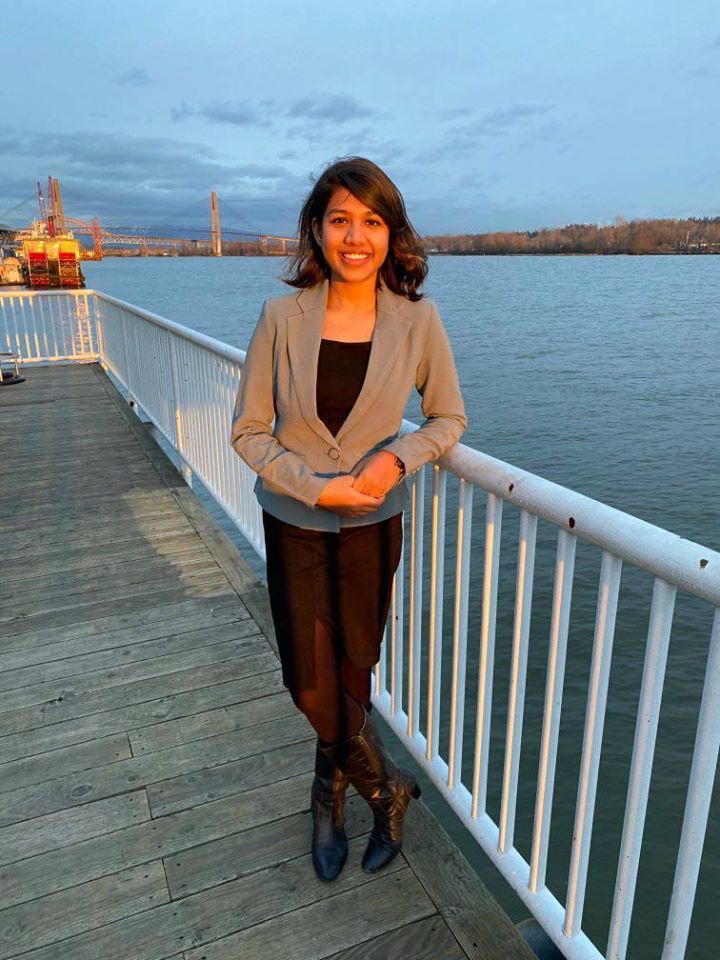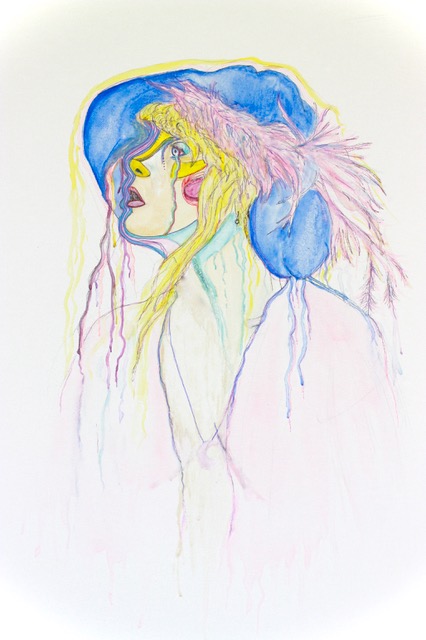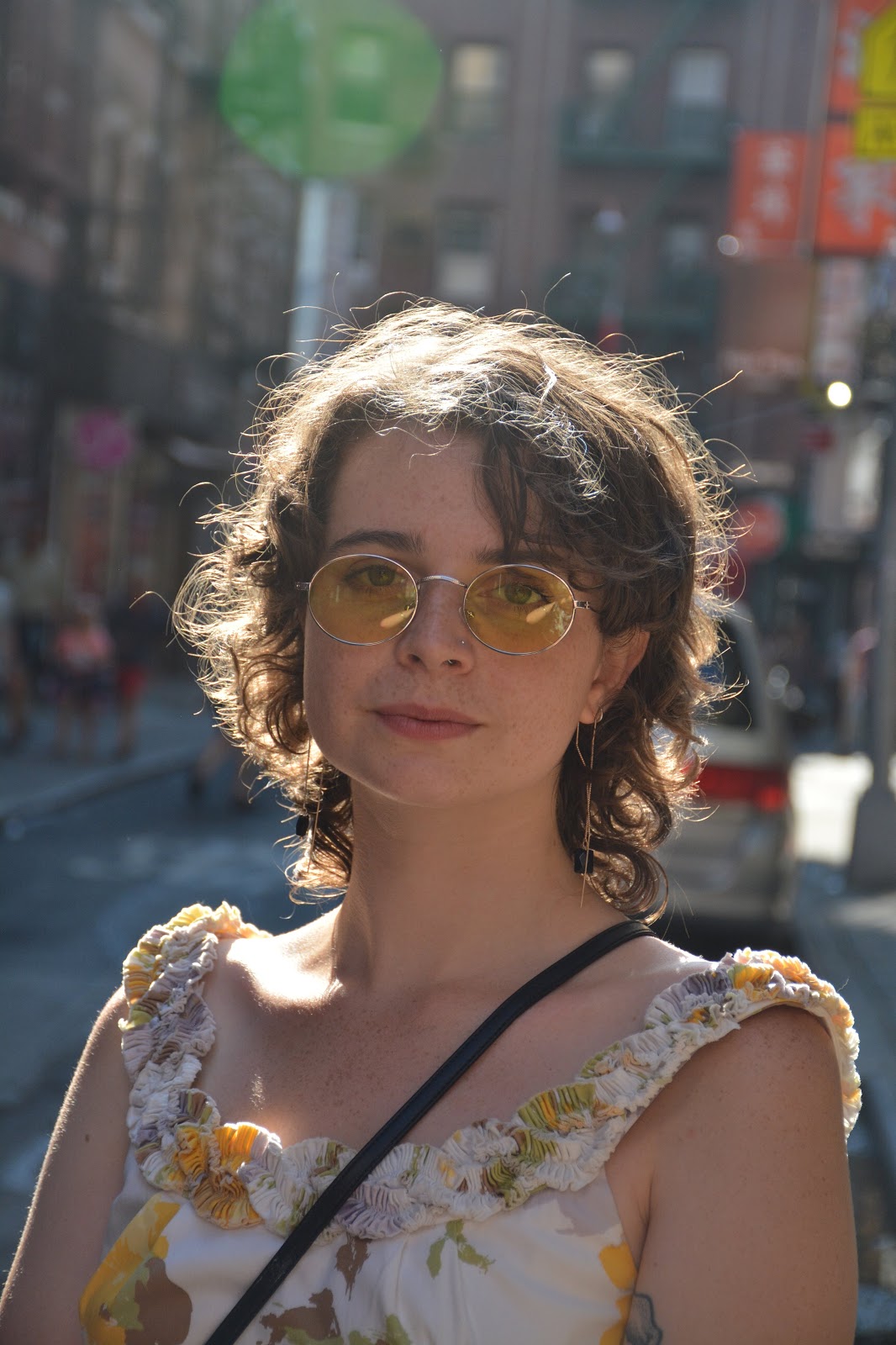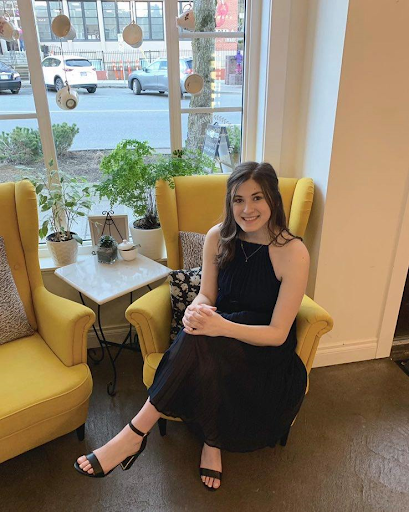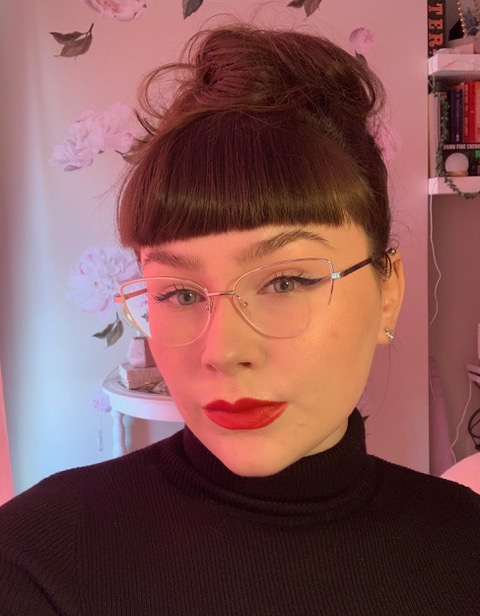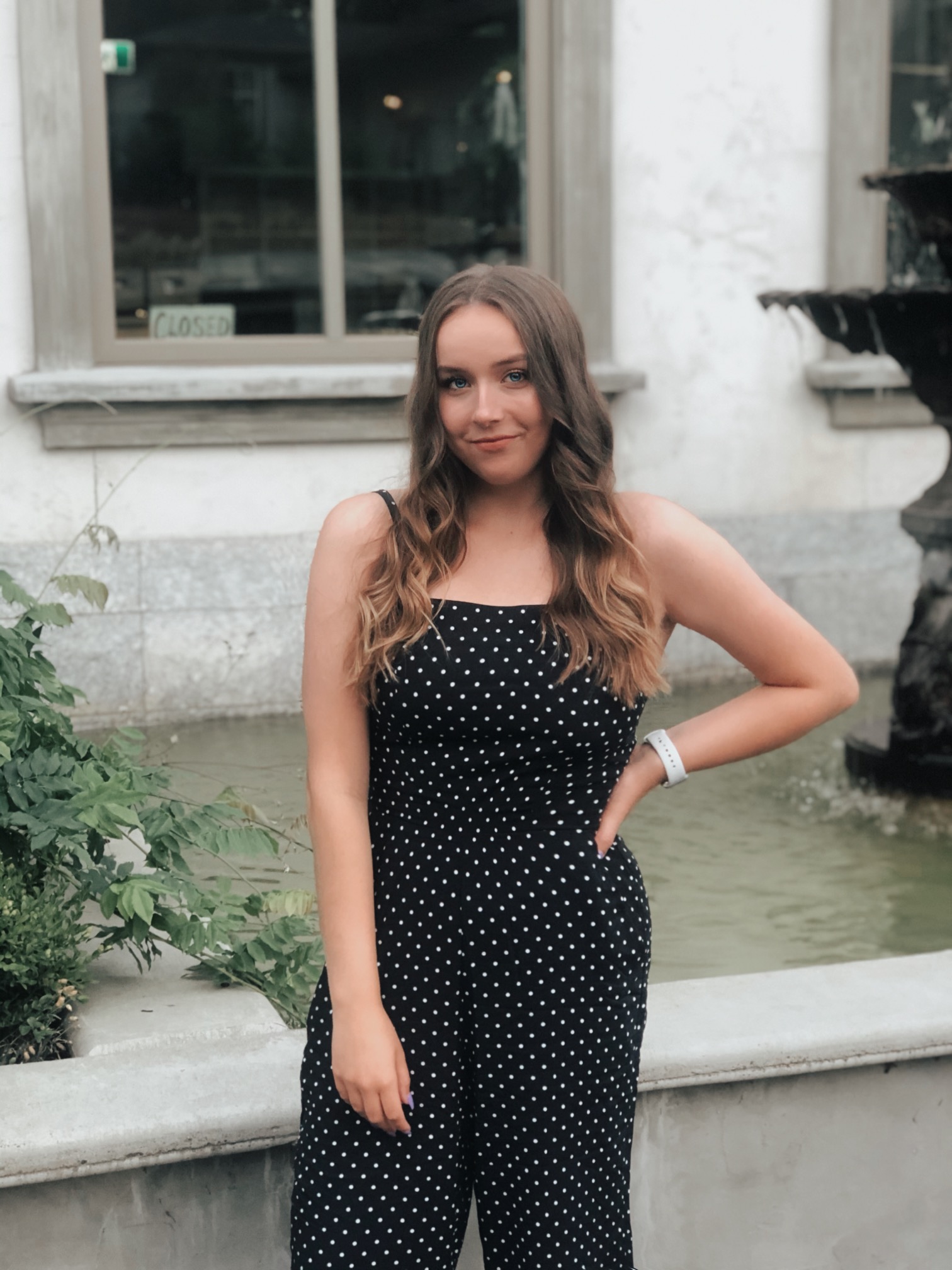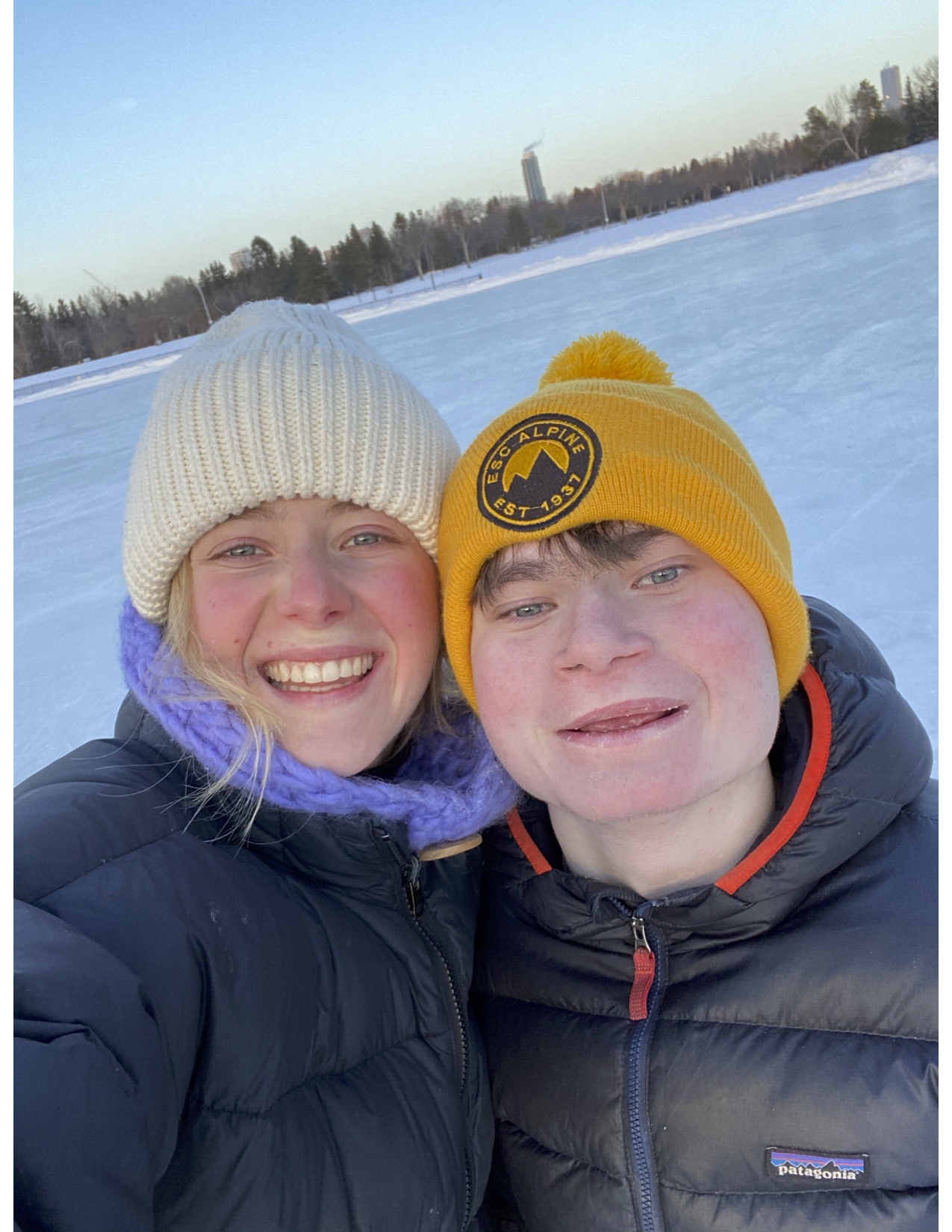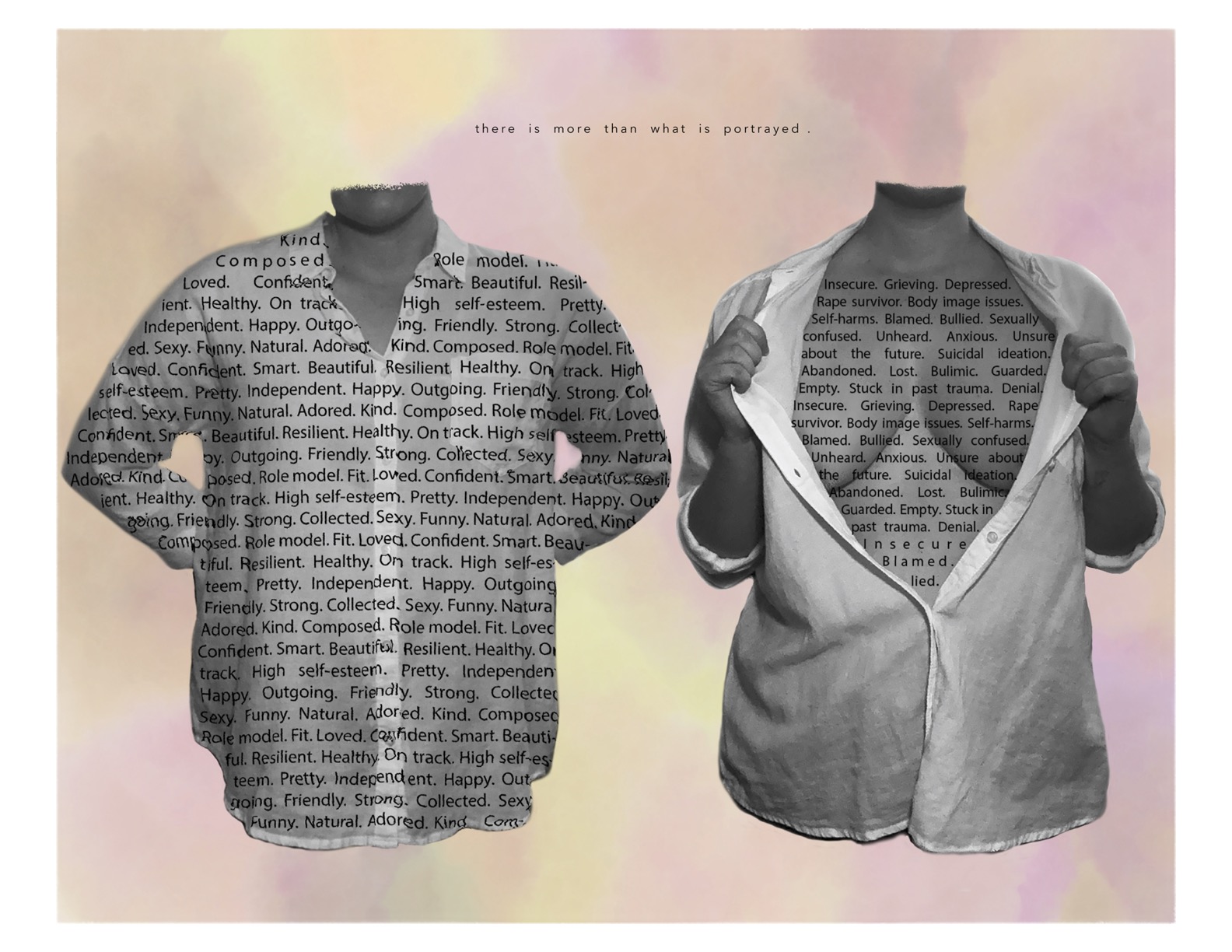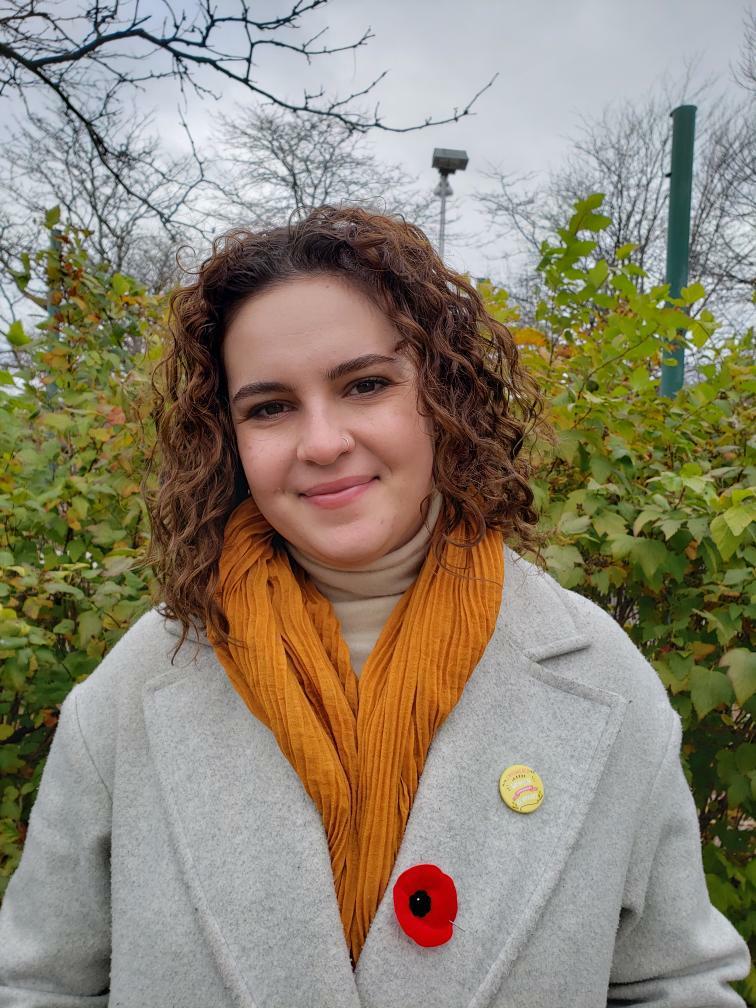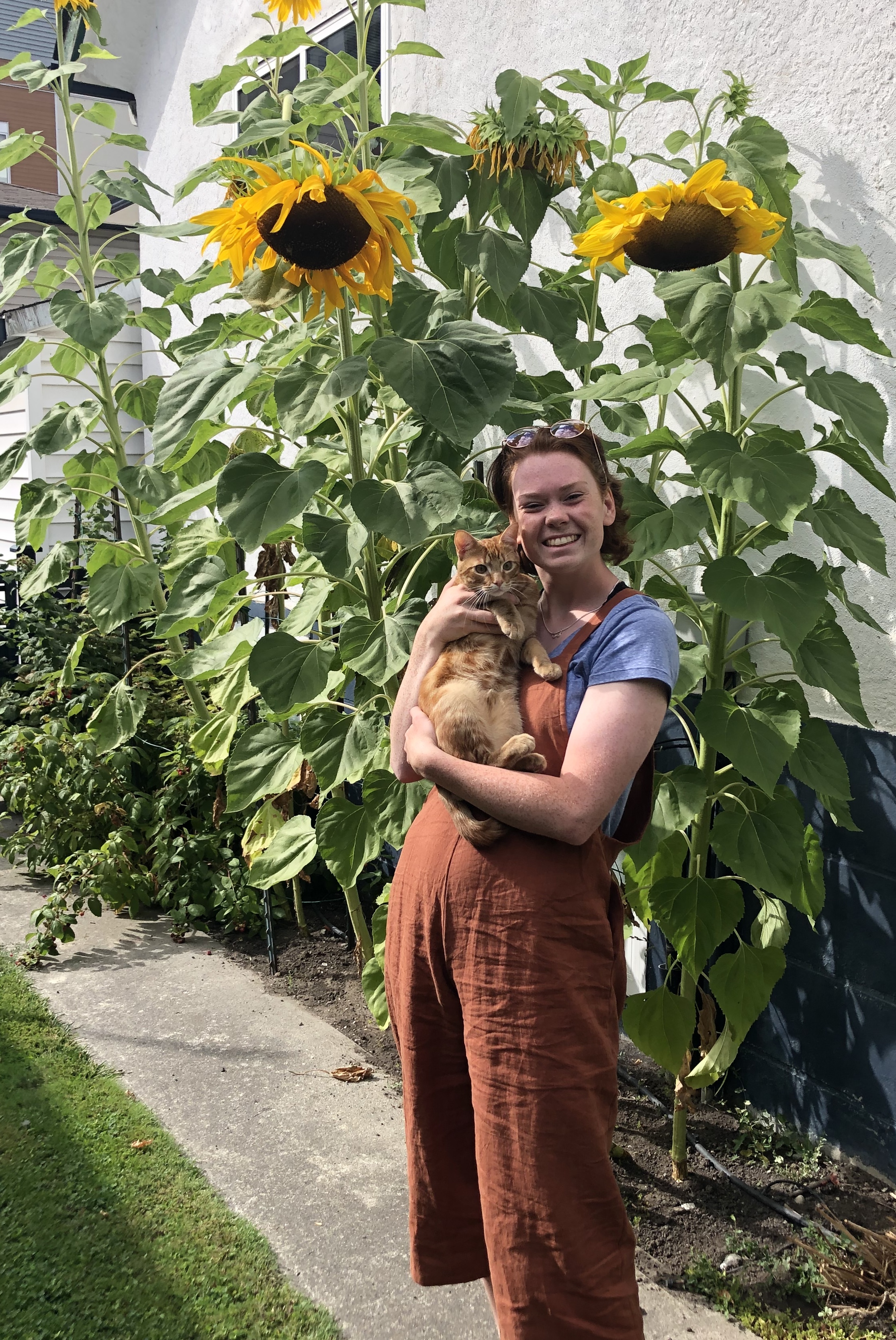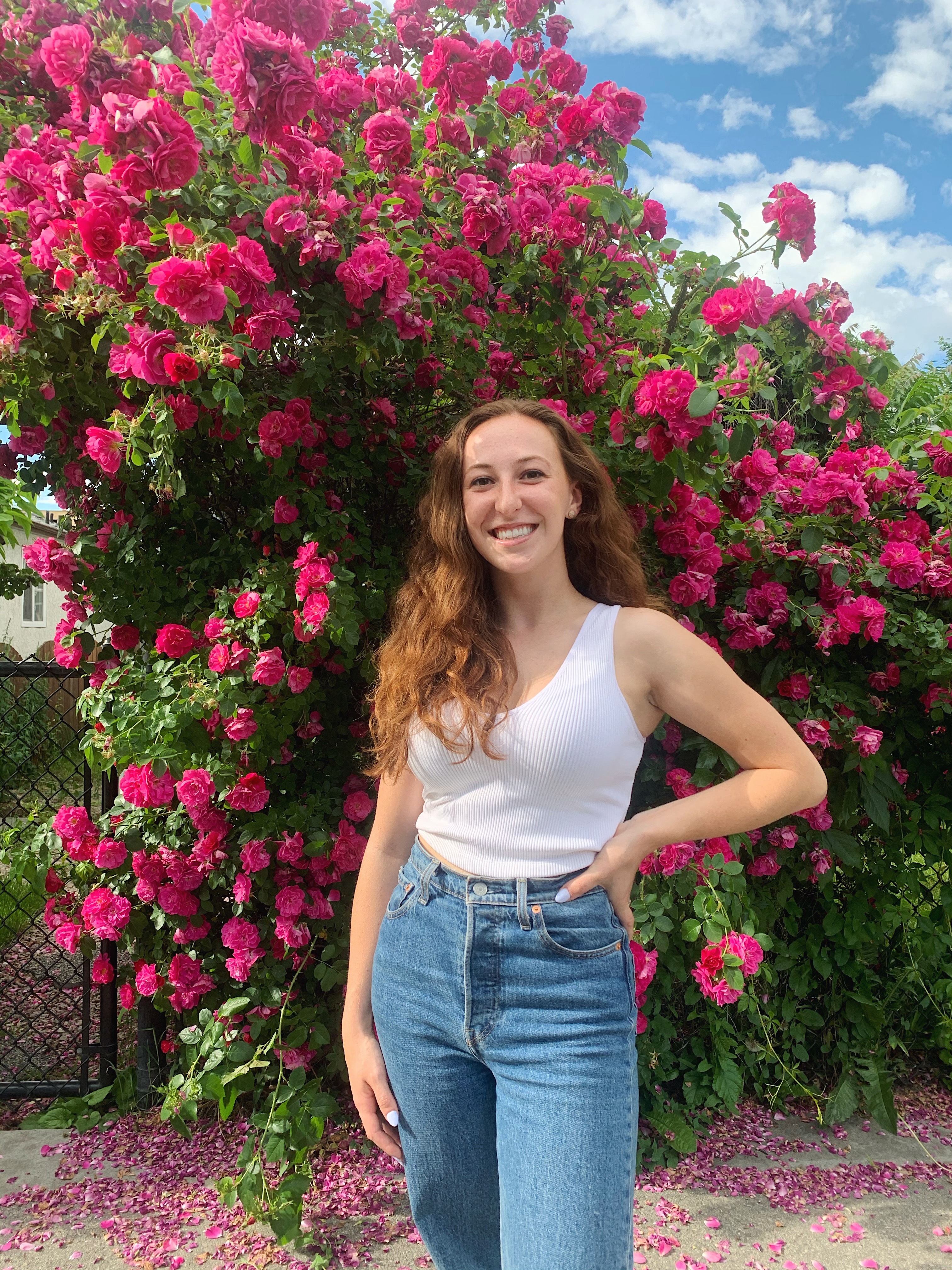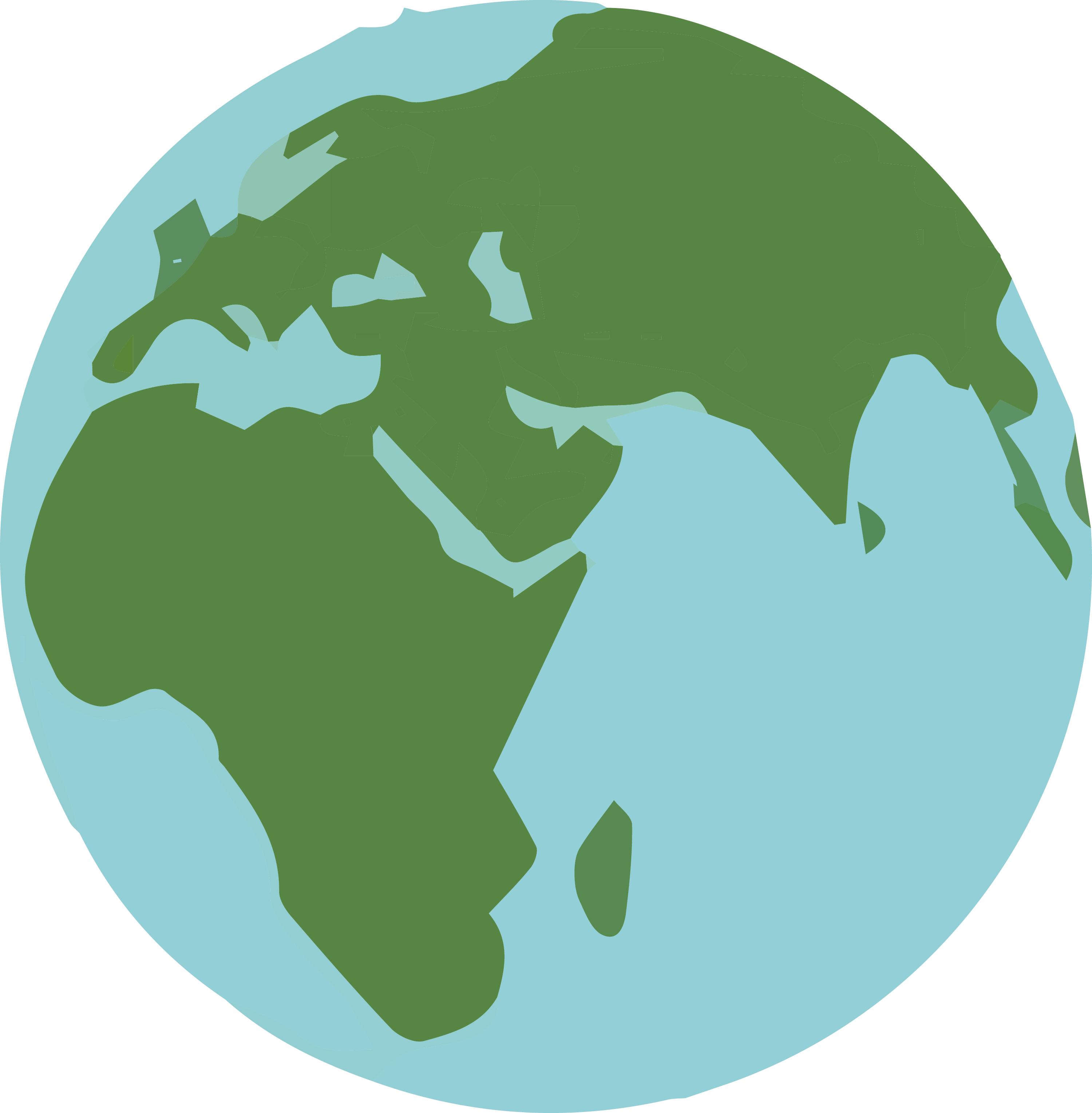Vol. 3 No. 1 (2021): World-Building

Dear Reader,
If one thing can be said about 2020, it was a time of incredible upheaval. In the face of a worldwide pandemic, we saw ourselves viscerally confronted with the failures of how we have been imagining our relations to capital, to nature, and to one another. As the precarity of our global civilization, of our very lives, came to the fore, so, too, did the need to build communities that recognize our vital dependence on one another—and strengthen those that already do. The question of how to imagine the world otherwise, beyond the false confines of borders, money, and the nature-culture divide, press on us more heavily than ever, now, as we are forced to reckon with our system’s inability to take care of our most urgent and fundamental needs. World-building means many things: the bringing together of a people, the recovery of a history, the generation of a new knowledge, or way to relate to one another. In the political uprising that has sprung up against anti-Black racism and police brutality this past year, we have been witness to the hopeful promise of what community-building and dreaming—of a world beyond anti-Black violence—can do.
With the work social movements and activist groups have done, like the Black Lives Matter movements have done and continue to do; the need for community-building and imagining a future that addresses and works to challenge oppressive structures has proven itself imperative to fashioning a better world. This visible social unrest is evocative of the need to collectively and cohesively promote justice, equity, and inclusion on issues affecting marginalized groups. Kimberlee Crenshaw's term intersectionality comes to mind as a theoretical approach that acknowledges how complex and imperative positionality is in reimagining inequitable structures, intersecting issues of race, sexuality, gender, and class. This issue of That’s What [We] Said highlights, in part, the importance of anti-racism reform practices and pedagogy that influence how we think about and structure our social world. How can we all challenge these dominant, unquestioned ideologies embedded within society? How can we evoke change, resistance, and reform? What kind of world do you dream of? How might you work toward it?
World-building, as a concept, guides and inspires the pieces you will encounter within this issue. The collective voices of the authors, poets, and artists evoke the communal and pedagogical work needed to produce knowledge that resists, reforms, and challenges social norms and institutions.
Herein, you will encounter pieces that pay homage to activist movements that made our world possible, record correspondences on unlearning gendered oppression in the family, and honour the ways we have coped with these impossible times, among so much else.
We sincerely hope you enjoy this issue and that it will inspire you toward your own dreams of building another world.
Happy reading!
Stephanie, Kenya,
& The Editorial Team
Land Acknowledgement
We want to acknowledge that UBC Okanagan is situated on the unceded, ancestral territory of the Syilx Okanagan Nation. Indeed, there is a lot of work left to be done towards solidifying Indigenous rights, sovereignty and decolonization, especially on the part of non-indigenous people who are on this land.
As a feminist journal operating out of an academic institution, we recognize our part in involuntarily reinforcing systems of power that are currently in place. We also acknowledge that much of feminist thought has been, and continues to be, rooted in colonial ethos. Going forward, we aim to do our part in decolonizing these discourses by centering the works and voices of our BIPOC students, authors, and artists.
We are grateful to the Syilx Peoples for their stewardship, teachings and decolonial efforts which make conversations and work around anti-racism and feminism possible.

